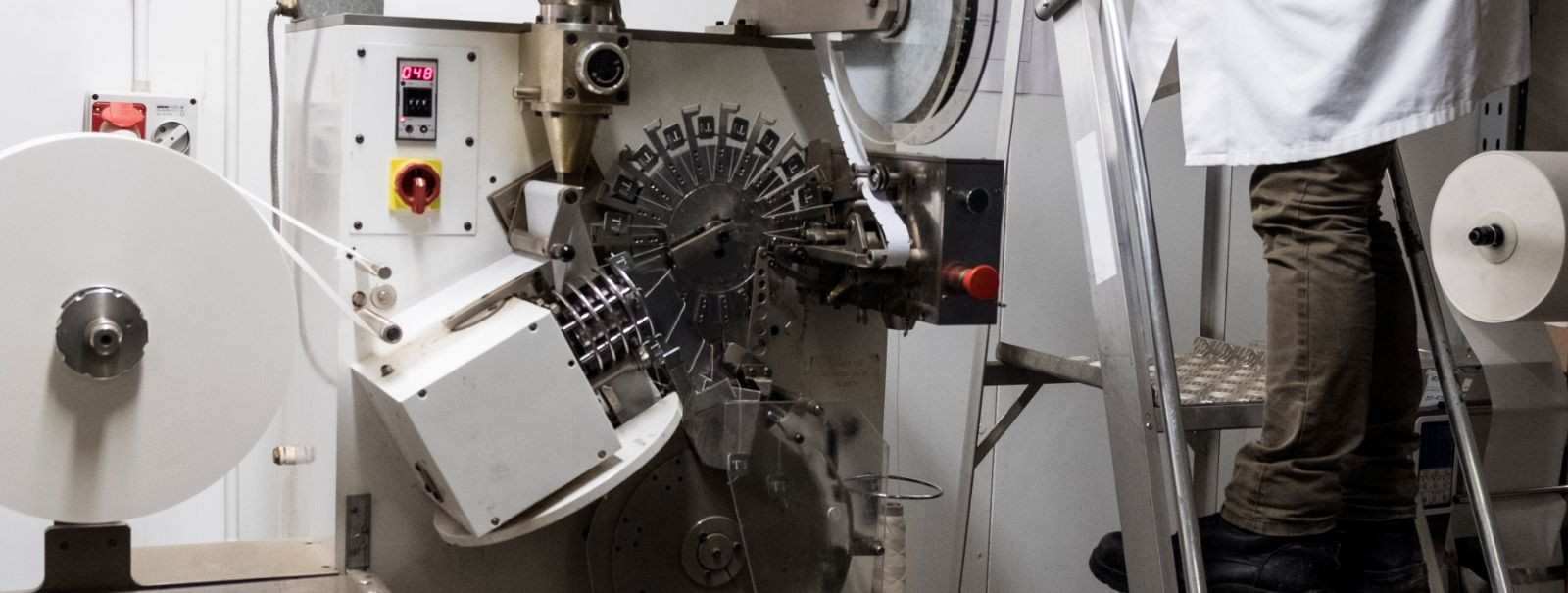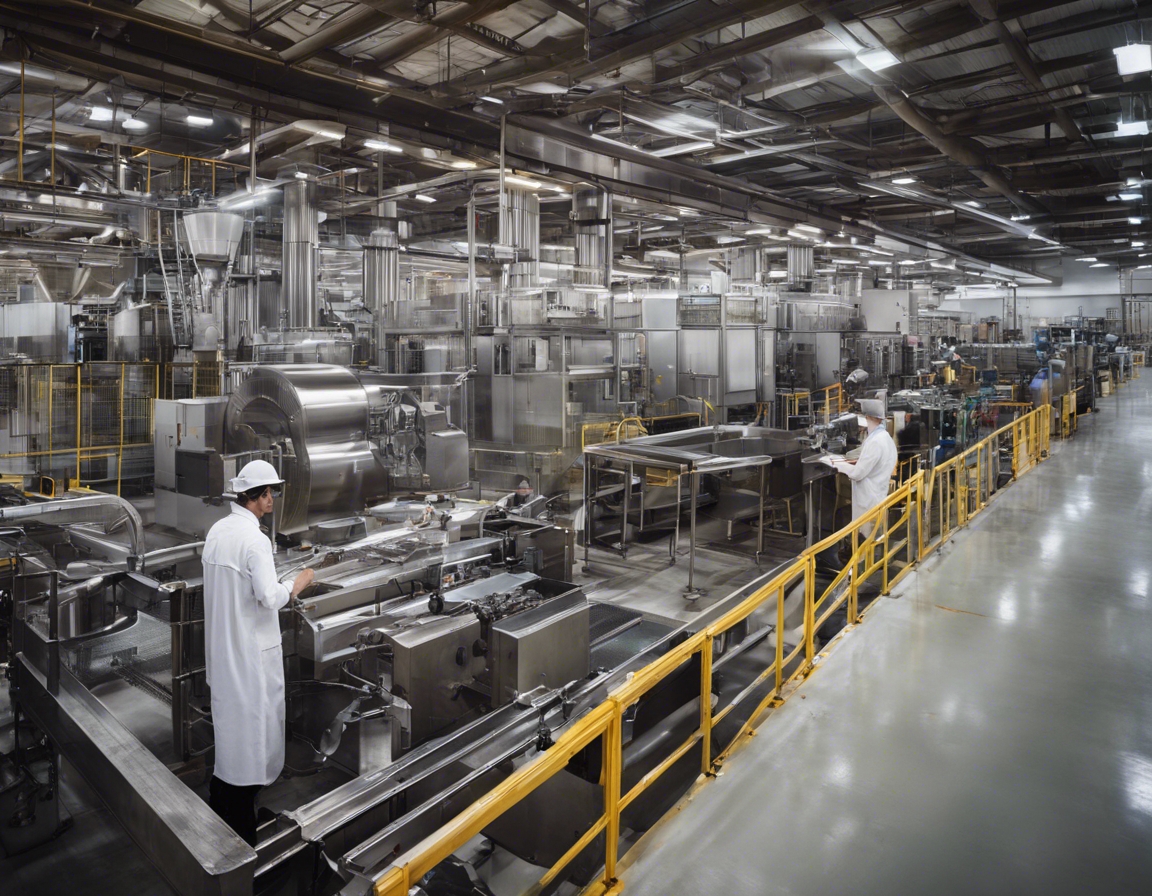How to maximize efficiency with project management
In the fast-paced world of the food industry, particularly within the bakery sector, the ability to manage projects efficiently is crucial. Project management involves planning, executing, and overseeing projects to achieve specific goals within a given timeframe. For businesses looking to modernize their operations, effective project management can lead to significant improvements in productivity and cost savings.
Understanding the Importance of Efficiency
Efficiency in project management means achieving maximum productivity with minimum wasted effort or expense. For bakery businesses, this translates to reduced downtime, optimized use of resources, and streamlined processes. Efficient project management ensures that machinery renovation and installation projects are completed on time and within budget, ultimately leading to enhanced operational performance.
Key Project Management Strategies for Efficiency
Defining clear and achievable objectives is the cornerstone of any successful project. Objectives should be specific, measurable, attainable, relevant, and time-bound (SMART). This clarity helps in aligning the team’s efforts and resources towards common goals, ensuring that everyone is on the same page.
Efficient resource allocation involves identifying and utilizing the right resources at the right time. This includes human resources, machinery, and materials. Proper management of these resources can prevent bottlenecks and ensure that the project progresses smoothly. It is essential to have a detailed plan that outlines resource requirements and availability throughout the project lifecycle.
Time is a critical factor in project management. Implementing time management techniques such as Gantt charts, critical path method (CPM), and time tracking tools can help in scheduling tasks effectively. These techniques provide a visual representation of the project timeline, helping managers to identify potential delays and adjust plans accordingly.
Every project comes with its own set of risks. Identifying potential risks early and developing mitigation strategies is vital for maintaining efficiency. This involves conducting a thorough risk assessment and creating contingency plans to address unforeseen challenges. Proactive risk management can prevent disruptions and keep the project on track.
Leveraging Technology for Project Management
Modern project management software offers a range of tools to enhance efficiency. These platforms provide features such as task management, collaboration, document sharing, and real-time reporting. By centralizing project information, these tools facilitate better communication and coordination among team members.
Automation can significantly reduce manual effort and increase accuracy in project management. Automated systems can handle repetitive tasks, such as scheduling and reporting, allowing project managers to focus on more strategic activities. This not only saves time but also minimizes the risk of human error.
Continuous Improvement and Feedback Loops
Continuous improvement is a key principle in maximizing efficiency. Implementing feedback loops allows teams to learn from past experiences and make informed decisions for future projects. Regularly reviewing project outcomes and incorporating lessons learned can lead to ongoing enhancements in processes and performance.
The Role of Expert Guidance in Equipment Management
For bakery businesses looking to renovate or install new machinery, expert guidance is invaluable. Professionals with experience in equipment management can provide insights into the latest technologies and best practices. Their expertise can help businesses select the right machinery, optimize installation processes, and ensure long-term reliability and efficiency.





Comments (0)